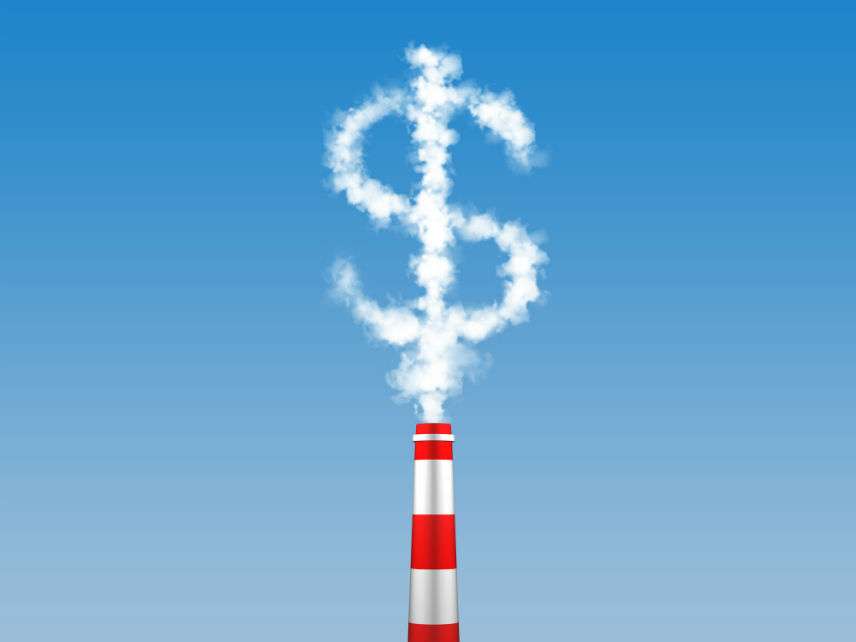Washington State Carbon Tax Initiative Loses
Did voters recognize it as a green pork-barrel scheme?

Voters in Washington State have soundly rejected—54 to 46 percent—the Carbon Emissions Fee and Revenue Allocation Initiative, a.k.a. Initiative 1631. Championed by a coalition of environmentalist and otherwise progressive activists to address the problem of man-made global warming, the initiative would have imposed a $15 per ton fee on emissions of carbon dioxide starting in 2020, increasing by $2 per ton until 2035. The levy would have raised more than $2 billion in its first five years. The monies collected would have been distributed by a board of political appointees to fund renewable energy, public transit, and various conservation projects.
Initiative 1631 did garner a higher percentage of the votes than the 2016 carbon-tax-and-rebate 732 Initiative, which was defeated 59 to 41 percent. Many of the activists who supported the 2018 carbon tax inititiative were opposed to the 2016 carbon tax proposal. Why the difference? After all, both initiatives aimed at reducing the emissions of carbon dioxide that are contributing to man-made global warming.
The answer: Unlike Initiative 1631, Initiative 732 was designed to neither increase nor decrease state revenues. That meant that there was no kitty of new tax money available for the politically favored groups to shower on their pet projects. Instead, Initiative 732 would have lowered the state sales tax from 6.5 to 5.5 percent, increased the Working Families Tax Credit for low-income families, and reduced the business and occupation tax rate from 0.484 to 0.001 percent.
A carbon tax by itself would encourage folks to move toward buying and using lower-carbon energy technologies and services without the need for government agencies to "invest" tax dollars in politically favored green projects. When you tally up the reasons that 1631 failed, consider the possibility that many voters recognized that it would hike their utility and gasoline bills to fill a green pork barrel.


Show Comments (9)